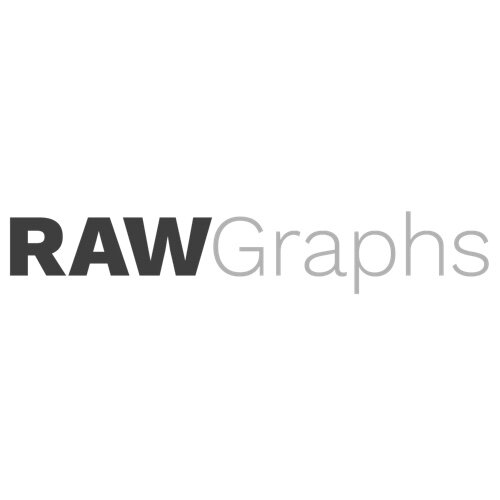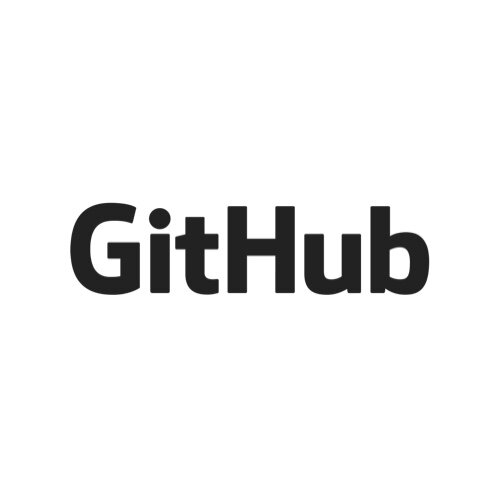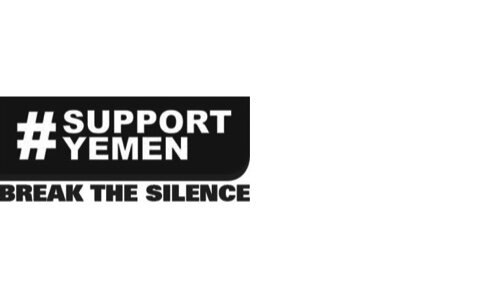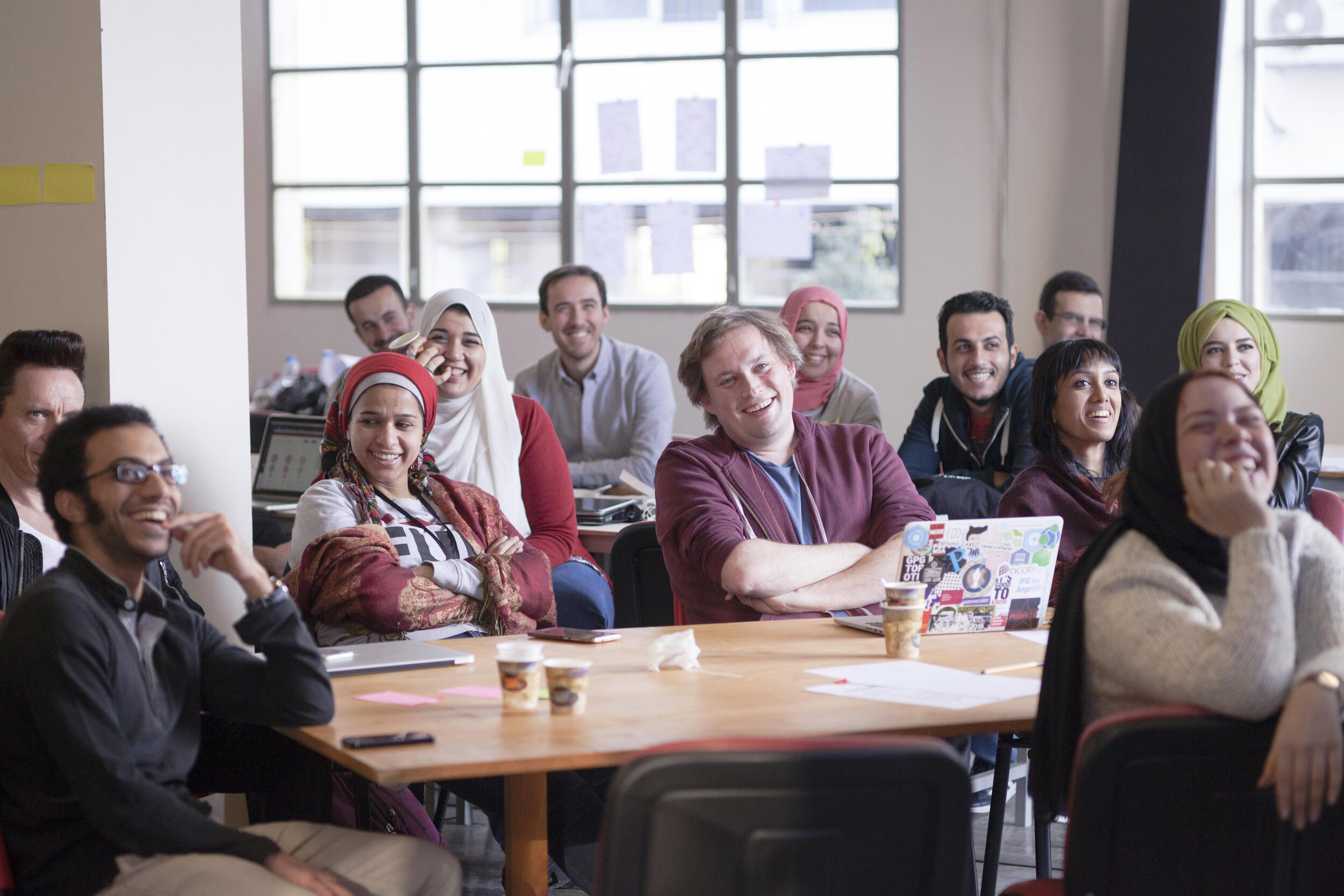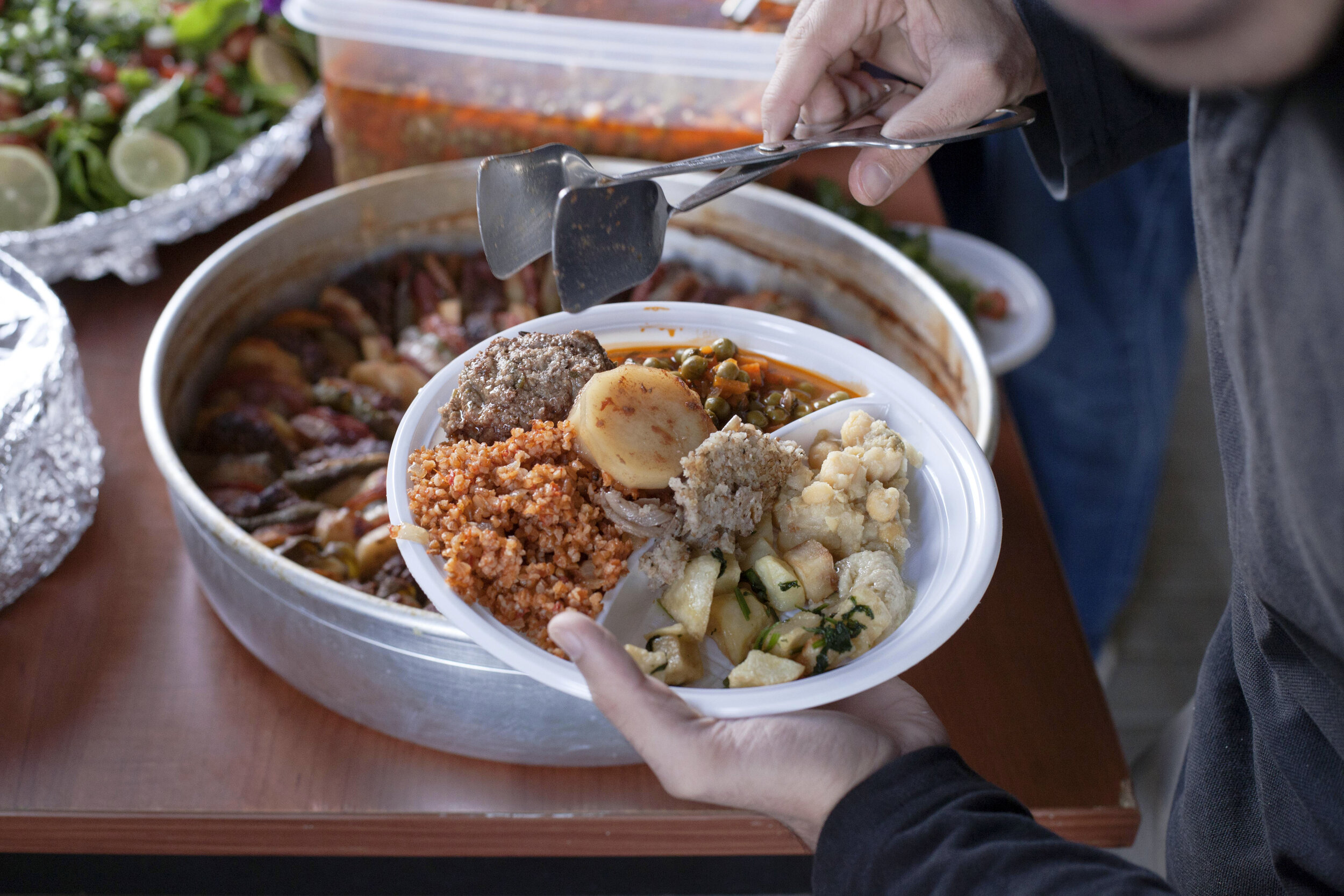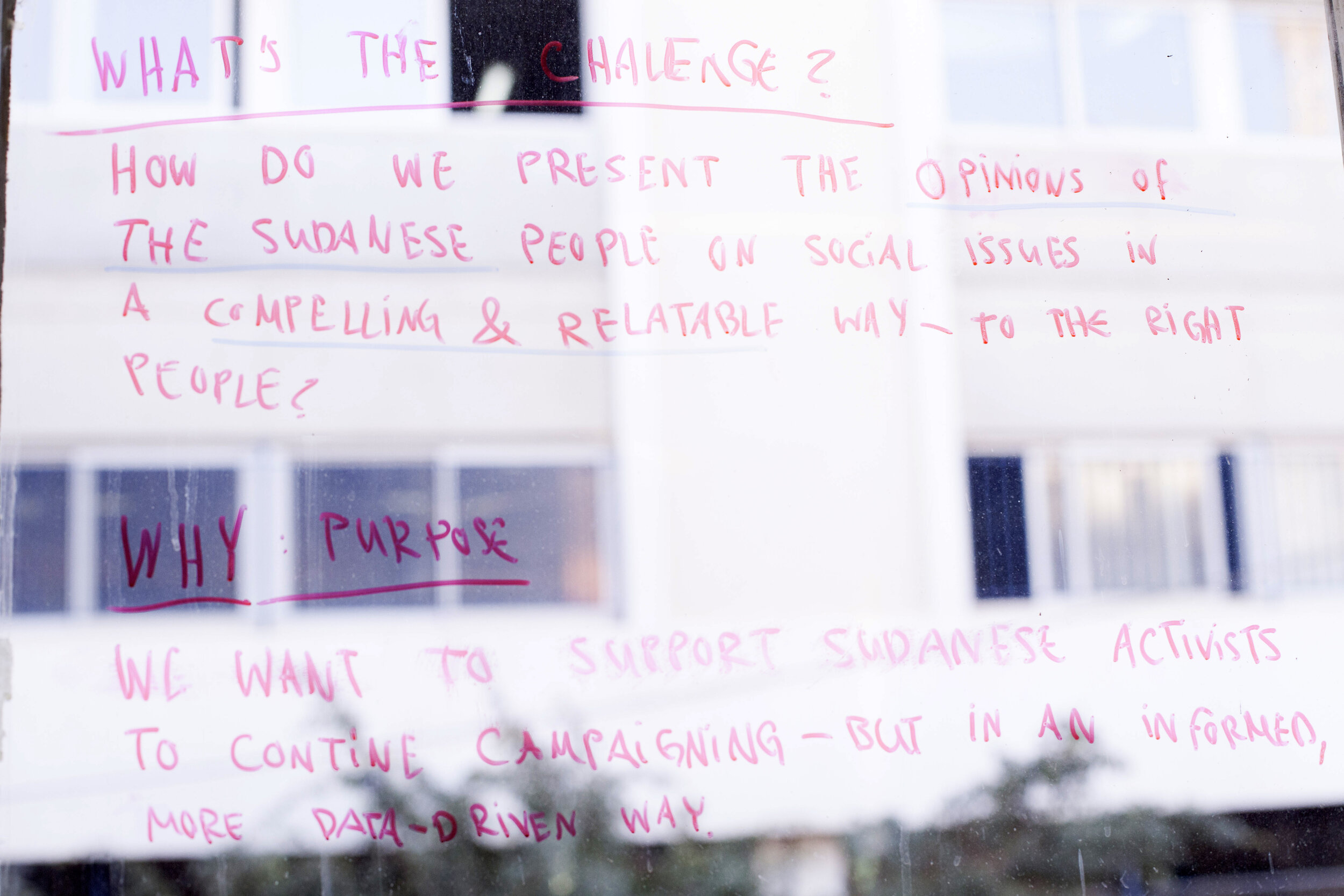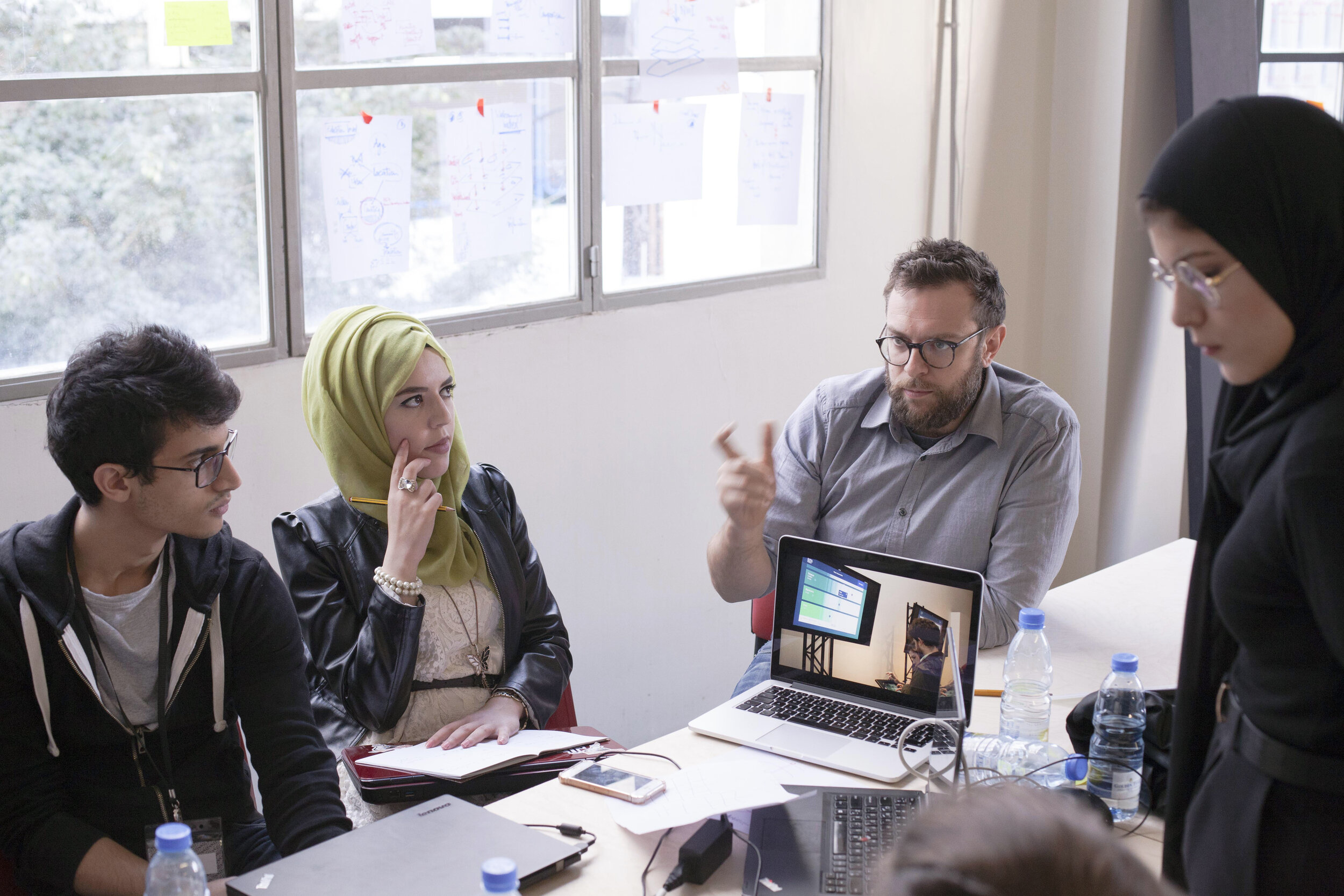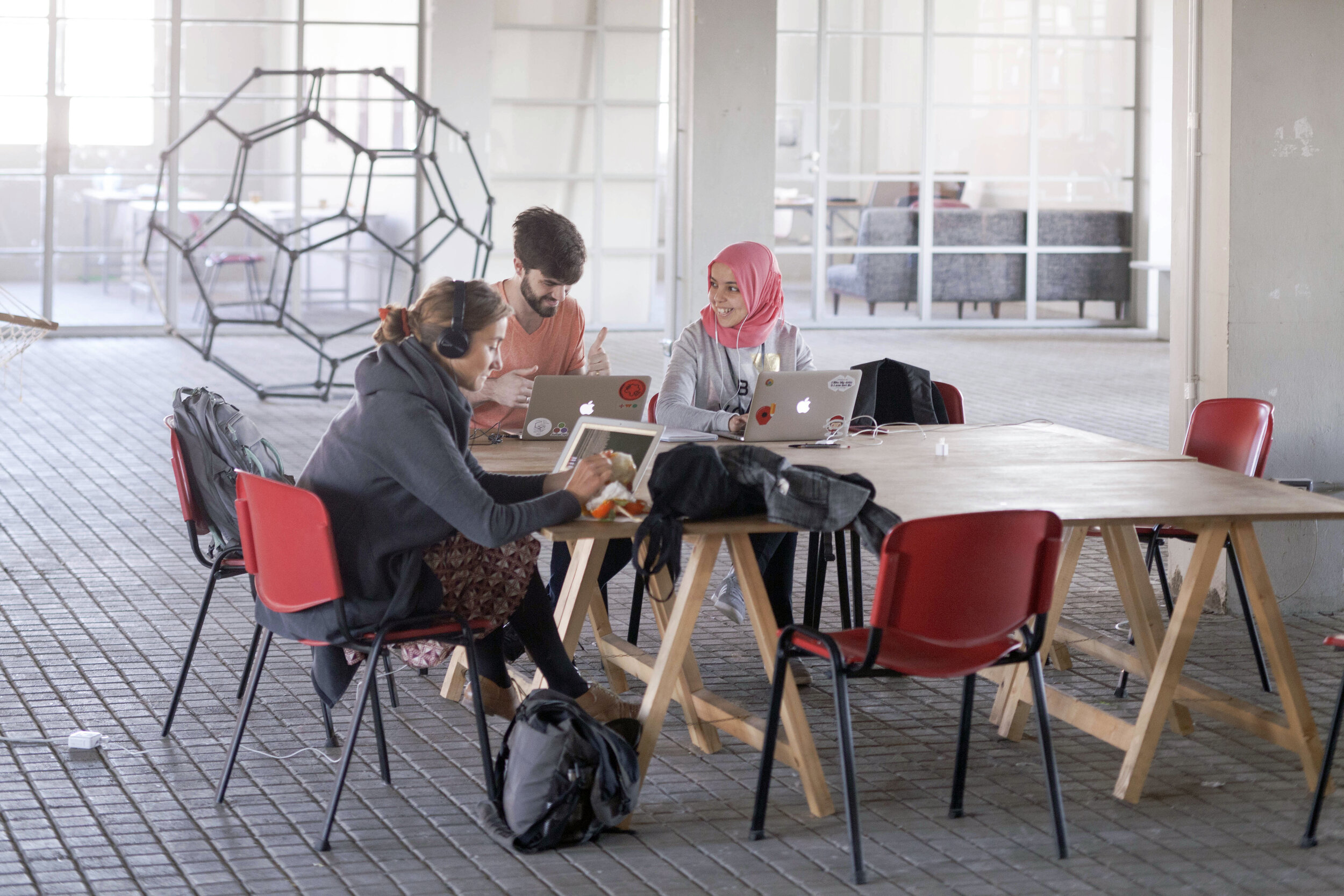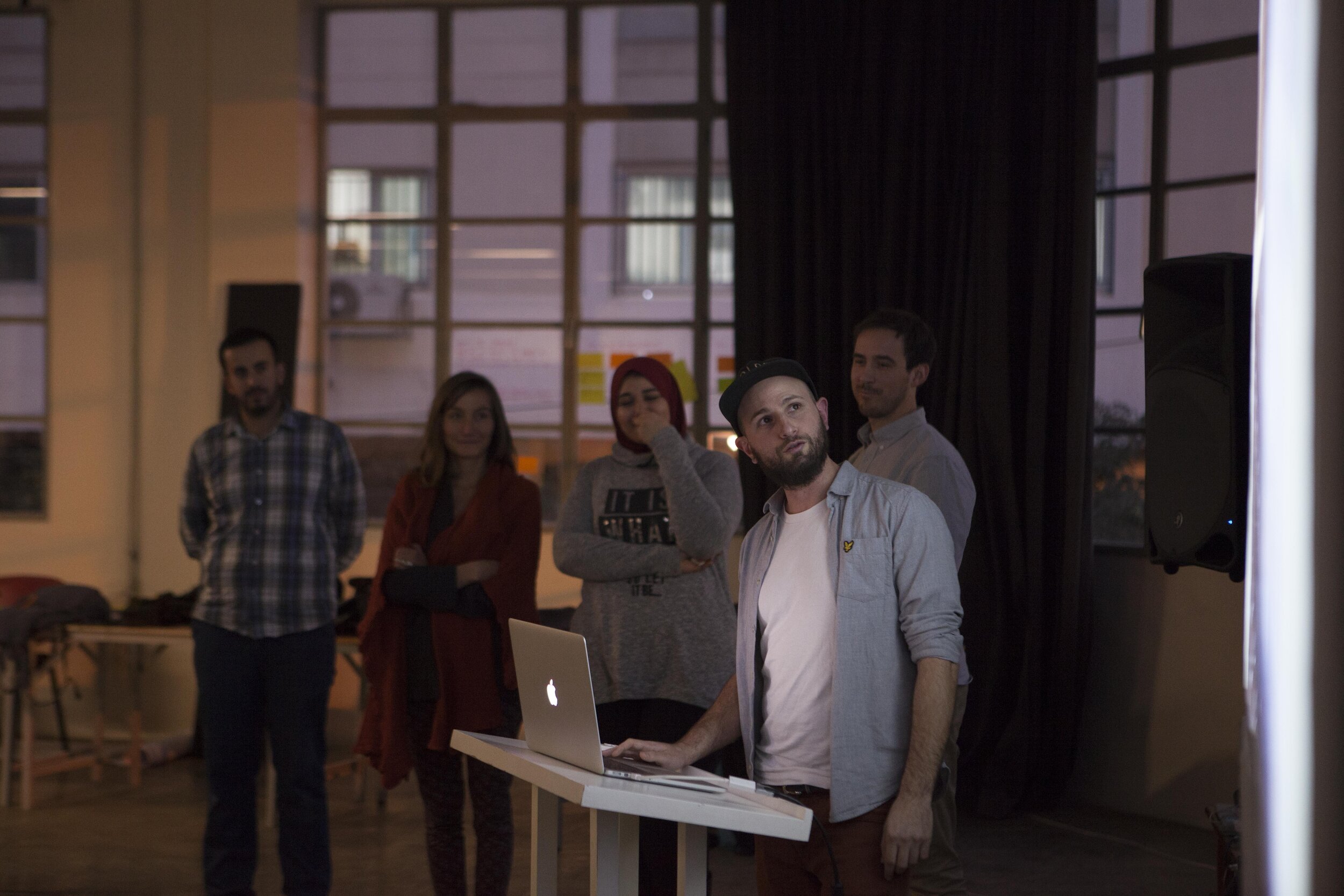
Beirut, Lebanon, 2016
Advocacy campaigns prototyped at this sprint addressed minority rights, sexual harassment, protests, and social justice.
BEIRUT BY THE NUMBERS
Applications
received
142
Nationalities represented
14
Value of pro bono
work donated
$92k
OVERVIEW
After processing an overwhelming number of applications, we selected 12 civil society representatives from six organisations to attend our 2016 Data4Change sprint in Beirut.
The organisations represented issues as diverse as sexual harassment, social protests, drone strikes, attitudes towards refugees, misinformation in Sudan and minority peoples under threat.
Seven trainers and facilitators supported six multidisciplinary teams of 32 designers, developers, data analysts and storytellers. The 2016 cohort were from Egypt, Bosnia and Herzegovina, Nigeria, Portugal, Sweden, Turkey, Jordan, USA, UK, France, Norway, Yemen, Sudan, and Malaysia.
MEET THE CSOS
PROJECTS
In partnership with




